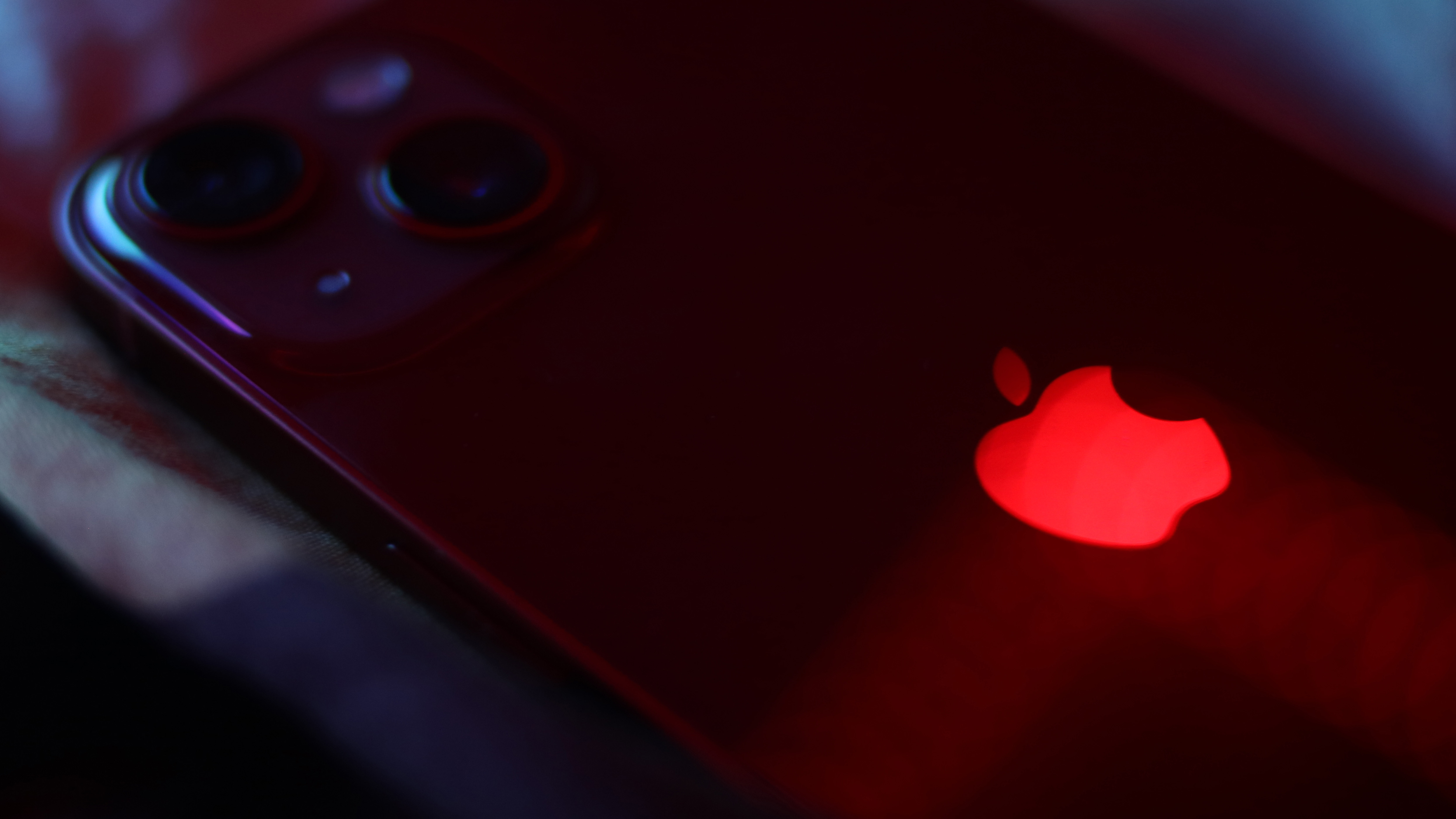Employee accuses Apple of surveilling staff using iCloud
California court filing claims Apple invades employee privacy through surveillance, suppresses free speech, and uses an illegal wage clawback system to enforce its rules


Apple faces claims it monitors employee iCloud, email, and other accounts following a lawsuit by one of its own employees – who still works for the company.
Digital advertising staffer Amar Bhakta filed the complaint in California, alleging that Apple actively discourages employees from using non-Apple products and requires them to use Apple devices for all work tasks.
The filing accuses Apple of invading employee privacy through surveillance, suppressing free speech by banning talking about such rules and using an illegal wage clawback system to enforce such measures. And that, the lawsuit alleges, runs counter to Apple's marketing focus on privacy for consumers.
"In marketing materials, Apple declares that it respects human rights, including the right to privacy. Apple does not extend this respect to its own employees," the document reads. "Instead, Apple subjects its employees to surveillance and forces their patronage through the monetization of employee personal data as a condition of their employment."
Apple said in a statement sent to The Verge that it strongly disagreed with the claims and the case lacked merit. "At Apple, we're focused on creating the best products and services in the world and we work to protect the inventions our teams create for customers," the statement said. "Every employee has the right to discuss their wages, hours, and working conditions and this is part of our business conduct policy, which all employees are trained on annually."
IT PRO contacted Apple for comment but has yet to have a response.
Data surveillance
According to the document, Apple requires staff to use Apple devices, software, and services for work – including personal iCloud accounts.
Get the ITPro daily newsletter
Sign up today and you will receive a free copy of our Future Focus 2025 report - the leading guidance on AI, cybersecurity and other IT challenges as per 700+ senior executives
"Whether owned by Apple or the employee, these devices collect and use the valuable personal data of Apple employees, and those with whom they interact, when the employees are engaged in the 'life' side of the work/life balance, [such as] during nonwork periods and while away from Apple's premises," the filing reads, noting such information is referred to as Private Life Data.
It continues: "Apple also requires employees to agree that they have no right to privacy in their Private Life Data (including location data), that Apple can engage in physical, video, and electronic surveillance of them, and that it can, as it wishes, search both Apple and non-Apple devices and other property while an employee is on 'company premises', which – according to one Apple policy – can include an employee's home office."
The document adds that Bhakta spoke about working conditions and his experience at Apple on podcasts and on LinkedIn, and was banned from doing so in the future and told to remove all details from his profile on the social media site.
"Being able to speak openly about my work is so important to me professionally and personally," Bhakta said in a statement.
RELATED WEBINAR

"It's disappointing that Apple, whose ethos is privacy and confidentiality, would try to monitor and censor me," he reportedly added. "That hurts my ability to advance professionally. I hope this complaint causes Apple to change their approach to monitoring employees outside of work and reminds employees that they have the power to stand up too."
According to Reuters, Apple faces multiple lawsuits alleging it underpays female workers, including one suit filed by Bhakta's lawyers. His case falls under a California law that means he could keep 35% of any penalties if it comes to that, noted Reuters.
Bhakta's case comes as more and more companies turn to workplace monitoring, with one in five surveyed employees saying they were monitored by an activity tracker, despite no evidence such surveillance boosts productivity, while a recent report revealed that even Wi-Fi is being used to stalk people via their devices as they move through offices.
Freelance journalist Nicole Kobie first started writing for ITPro in 2007, with bylines in New Scientist, Wired, PC Pro and many more.
Nicole the author of a book about the history of technology, The Long History of the Future.
-
 Bigger salaries, more burnout: Is the CISO role in crisis?
Bigger salaries, more burnout: Is the CISO role in crisis?In-depth CISOs are more stressed than ever before – but why is this and what can be done?
By Kate O'Flaherty Published
-
 Cheap cyber crime kits can be bought on the dark web for less than $25
Cheap cyber crime kits can be bought on the dark web for less than $25News Research from NordVPN shows phishing kits are now widely available on the dark web and via messaging apps like Telegram, and are often selling for less than $25.
By Emma Woollacott Published